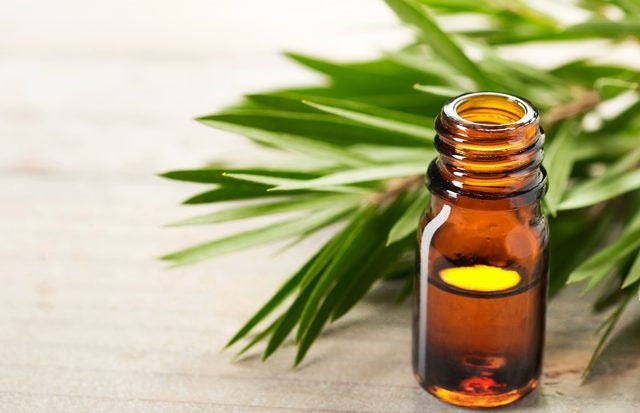
History and Facts
The leaves of the tree have been an effective remedy to all infected and fungal wounds and bruises. Due to such medicinal properties, the tree leaves played a significant role in World War 2, when it was made an addition to the first aid kits. Discovered in 1920s by Dr. Arthur Penfold, who started investigating the medicinal and antiseptic properties it had, the leaves provide an instant solution as a disinfectant and antifungal agent.
Medicinal Properties
Extracted through steam distillation with a sharp, camphoraceous aroma, the Tea Tree Essential Oil features anti-inflammatory and disinfectant compounds. The tea tree oil is also antiviral and with exceptional medicinal properties are added to innumerable cosmetic applications, personal care formations, soaps, perfumes, incense, and candles.
Benefits and Uses
- The tea tree oil can be easily added water for showers which can provide a relief from cough, bronchial congestion, and pulmonary inflammation.- This oil also kills bacteria and fungus, thereby reducing allergic skin reactions.
- The tea tree essential oil reduces all kinds of scalp lesions, itchiness, dandruff, and lice.
- Having antibacterial and antifungal properties, this oil if applied in a particular amount can definitely get you rid of fungal toenail infections and several acne symptoms.
- The oil is also used to treat scabies, ringworm, abrasions, burns, insect bites, ear infections etc.
Precautions
- The tea tree oil is not safe to be consumed, and hence should be kept away from children's reach.- Ingestion of tea tree oil can be toxic.
- The oil can cause
Nevertheless, this tea tree essential oil if used with the precautions in mind can deliver some effective results with a soothing aroma that rejuvenates your senses.

